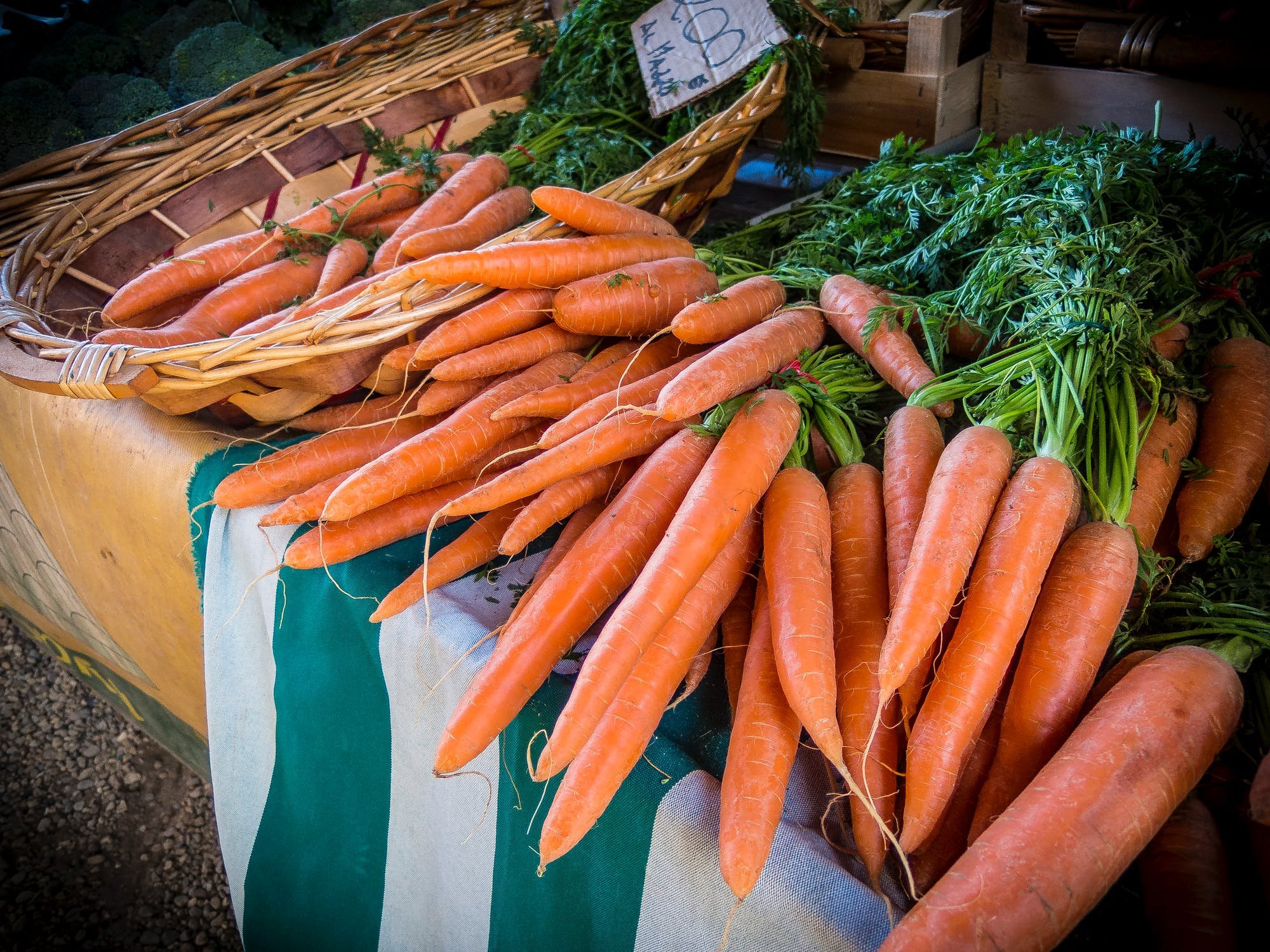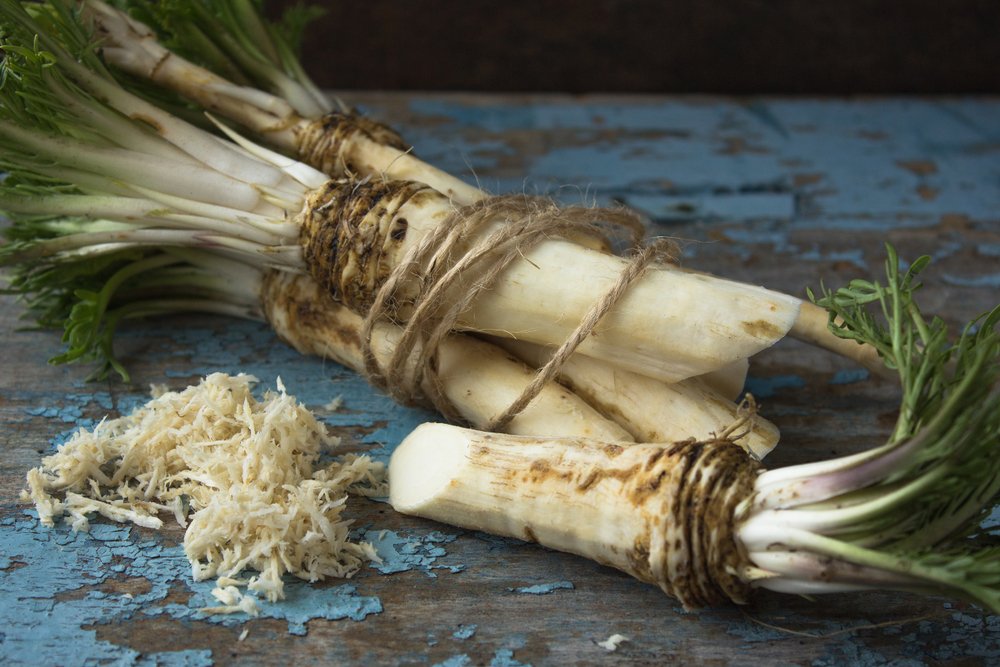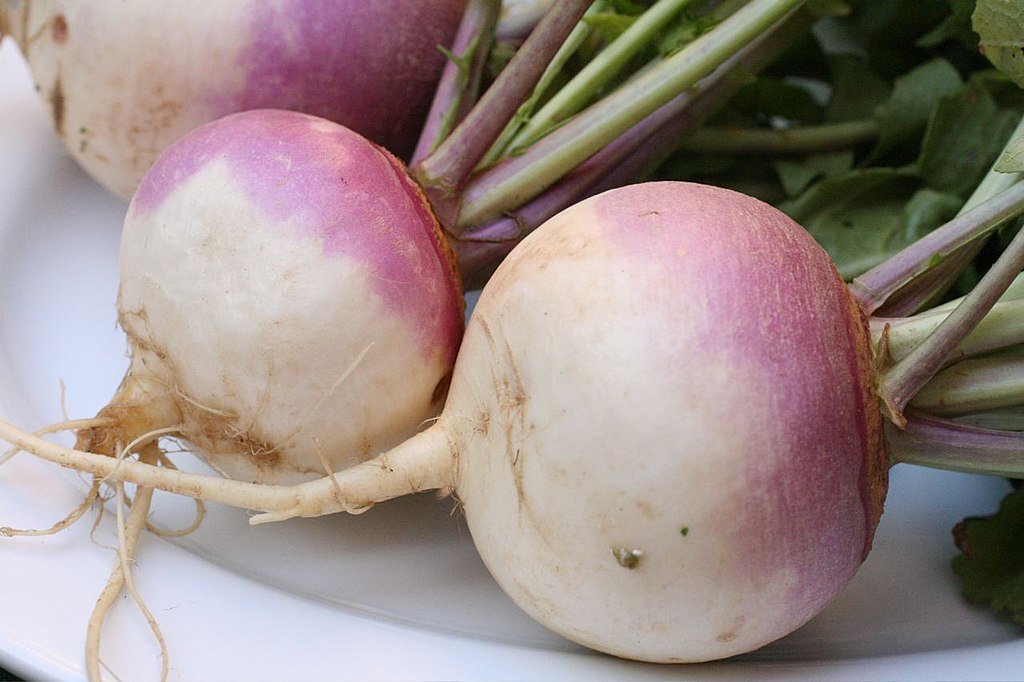
February Planting Guide
Zone 9
Direct Sow Outside
-

Beets
2/4 - 3/11
Direct sow 4 weeks before the last frost; Soak seeds for 24 hour before planting; Will bolt once temps reach 75°F; Grown in spring & fall.
-

Bells of Ireland
2/25 - 3/25
Prechill seeds before planting; Direct sow; 1 inch of rain per week; Stake plants when they are young.
-

Broccoli
2/4 - 3/11
2-4 weeks before the last frost; Cold weather crop germinates as low as 40 degrees; Bolts once over 75 degrees; Can be transplanted.
-

Carrots
2/4 - 3/11
Direct sow 4 weeks before the last frost; Succession-plant weekly; Grown in spring & fall.
-

Collards
2/18 -3/18
Best direct sown; Plant in full sun; Keep well watered, best done early in day; Harvest at 6-8 inches tall.
-

Dill
2/4 - 4/1
Plant after frost; Annual plant that will self seed; Pinch off flowers to stop spread and promote leaf production.
-

Garlic
1/28 - 3/11
Can be started in late fall but Jan is better if space is an issue; Plant in well drained soil; Full sun; Harvest when tops start to yellow; Dry for storage.
-

Horseradish
1/28-3/11
1 inch of rain per week; Prune some of the smaller weaker sprouts; When leaves reach 10” dig up remove side roots & almost all leaves and replant.
-

Kale
2/4 - 3/4
Can be started indoor; Sow 3-5 weeks before the last frost; Spring or fall crop; Tastes better in the fall.
-

Kohlrabi
2/4 - 3/11
Direct sow after danger of frost has past; Keep moist; Full sun.
-

Morning Glory
2/25 - 3/18
Direct sow 2 week after last frost; Nic or sand seed before planting and soak overnight; Hates containers.
-

Peas
2/4 - 3/11
4-6 weeks before the last frost; Frost hardy; Spring or fall crop; Crop rotation is important; Can be transplanted but hates it.
-

Poppies
2/25 - 3/18
Needs some cold stratification; part sun - full sun; Direct sow is best; Has tap root and will get transplant shock easily.
-

Potato
1/28 - 3/11
Easy to grow; Protect from frost; Mound plants; Well drained soil.
-

Radicchio
2/4 - 3/11
Plant in full sun; Spring & fall crop; Can harvest leaves as you go and harvest whole head after first frost.
-

Radish
2/4 - 3/4
4-6 weeks before last frost; Spring or fall crop; Best to directly sow; protect from frost.
-

Rutabaga
1/28 - 2/11
Direct sow in full sun; cool weather crop; Harvest at 4-5” in diameter.
-

Spinach
2/25 - 3/18
Sow as soon as soil is 40 degrees in the spring or no warmer than 70 degrees in the fall; Direct sow only; Sow with radishes.
-

Turnip
2/4 - 3/4
Direct sow 4-6 weeks before last frost; Cold weather crop plant early; Doesn’t transplant well; Easy to bolt.
Transplant Starts
-

Arugula
2/4 - 3/25
Best flavor if grown in the winter; Full sun to partial shade; Keep well water likes 1 inch of rain a week.
-

Blackberry
1/14 - 3/11
Best planted from cutting; Plant 100’ from red raspberries; Fruits in the summer; Harvest 2x a week.
-

Blueberry
1/14 - 3/11
Best planted bare root; Sunny to partial shade; Plant at least 2 so they cross pollinate; Prune while the plant is dormant.
-

Broccoli
2/4 - 3/11
2-4 weeks before the last frost once soil temps are 40 degrees; Direct sow in the fall & start indoor in the spring; Doesn’t like soil temps over 70 degrees.
-

Brussels Sprouts
1/28 - 2/25
Can be grown in the spring but does best in the fall; likes 70 degree soil temps; sow indoor 8 weeks before transplanting; harden off for one week before planting.
-

Cabbage
2/4 - 3/4
Start indoors 8 weeks before frost & transplant 3-5 weeks before the last frost. Harden off before planting; Likes to be 70 degrees.
-

Cauliflower
2/4 - 3/4
Needs temps to be constant temperatures around 60 degrees; Likes consistent care; Difficult to grow.
-

Celery
2/5 - 2/25
Temperatures reach 50 F; Will bolt if temps drop below 40 degrees; Must be started early indoors; Cold season crop; Harden off before planting.
-

Chives
1/28 - 3/11
Must be started indoors and then transplanted after frost; Start indoor 8-10 weeks before frost date; Likes 70 degree soil.
-

Cilantro
2/18 - 4/1
Sow indoors 6-8 weeks before the last frost; Likes 70 degree soil; Can also be direct sown after frost.
-

Echinacea
1/28 - 3/11
Spring or Fall crop; Start indoors 8-10 weeks before transplanting; Like soil temps 65-70 degrees; Protect from frost.
-

Hops
1/14 - 3/11
Planted from a cutting; Needs full sun; Requires 120 frost free days to bloom; Dies back to ground each fall.
-

Kale
2/4 - 3/4
Start 3-5 weeks before the last frost; Can be direct sown; Spring or fall crop; Tastes better in the fall.
-

Lavender
1/28 - 3/11
Sow indoors 6-10 weeks before last frost; Keep soil moist; Likes soil temps 70-80 degrees.
-

Lettuce
2/4 - 3/18
4-6 weeks before the last frost; Once soil temps are 40 degrees; Cold season crop; Can be transplanted but best directly sown; Succession-plant weekly.
-

Mint
2/4 - 3/25
Alway plant in containers, very invasive; Likes to be moist; Full sun or partial shade.
-

Onion
1/28 - 3/4
Best started indoors; Likes soil temps 50+ degrees; Protect from frost; Light sensitive check variety for duration requirements.
-

Rosemary
2/25 - 3/25
Started indoor 10 weeks before last spring frost or propagated; Likes 70 degree soil temp; Best harvested in the morning.
-

Strawberry
1/28 - 3/11
Likes 6 weeks of cold; Plant with crown out of soil; Wait until second year to harvest.
-

Thyme
2/25 - 3/25
Start indoors 6-8 weeks before last spring frost; Hard to start from seed; Likes 70 degree soil temp; Lasts about 5-6 years, prune back hard to add life.
“If January is the month of change, February is the month of lasting change. January is for dreamers… February is for doers.”
Marc Parent